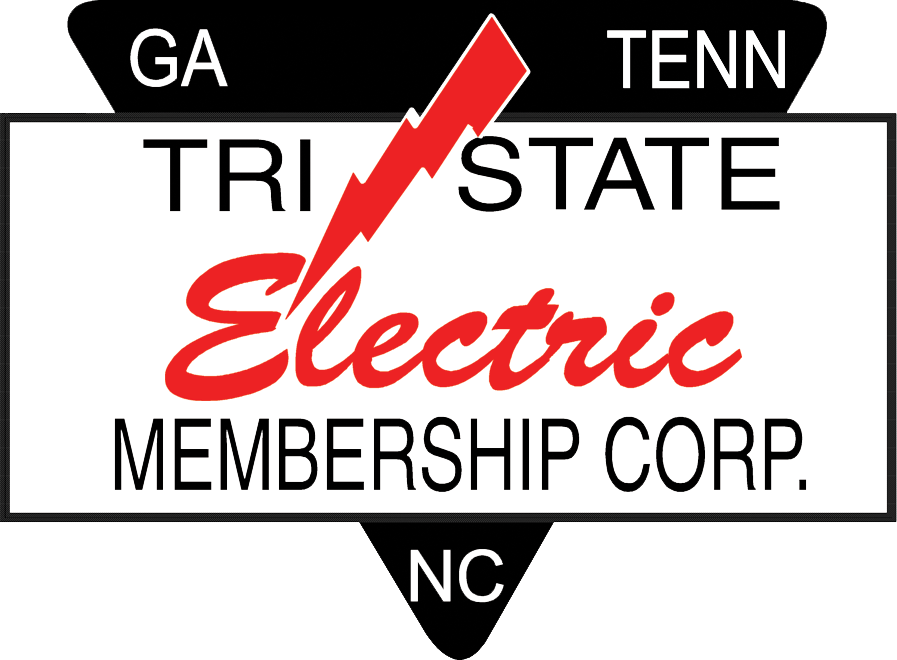What is a Cooperative?
- A Cooperative is a voluntary contractual organization of persons having a mutual ownership interest in providing themselves a needed service on a non-profit basis.
- A Cooperative is democratic member control which implies the principal of an open voluntary membership with control exercised on the basis of one vote per member rather than multiple votes according to capital investment in the organization.
- A Cooperative operates on a cost of doing business basis. This is the basic reason for co-op existence, which is to meet the needs of the people at the lowest fair and practical net cost.
As the explanation of a Cooperative implies, Tri-State Electric Membership Cooperation receives its purpose and legitimacy from two different directions. First, the State of Georgia passed laws which allow Tri-State EMC to incorporate as a Cooperative. This state activity provided the charter which enabled the members to form Tri-State Electric Membership Corporation. Second, the Board of Directors exercise democratic control, as authorized by the membership.
The co-op difference is YOU the member.
You are TSEMC’s source of power and direction. You elect a board of directors, and through the Board you participate in major decisions and run the cooperative. The Cooperative Principles explain the unique aspects of doing business on a cooperative basis.
1st Principle: Voluntary Any Open Membership
Cooperatives are voluntary organizations, open to all persons able to use their services and willing to accept the responsibilities of membership, without gender, social, racial, political or religious discrimination.
2nd Principle: Democratic Member Control
Cooperatives are democratic organizations controlled by their members, who actively participate in setting their policies and making decisions. Men and women serving as elected representatives are accountable to the membership. In primary cooperatives, members have equal voting rights—one member, one vote—and cooperatives at other levels are organized in a democratic manner.
3rd Principle: Member Economic Participation
Members contribute equally to, and democratically control, the capital of their cooperative. At least part of that capital is usually the common property of the cooperative. They usually receive limited compensation, if any, on capital subscribed as a condition of membership. Members allocate surpluses for any or all of the following purposes: developing the cooperative, possibly by setting up reserves, part of which at least would be indivisible; benefiting members in proportion to their transactions with the cooperative; and supporting other activities approved by the membership.
4th Principle: Autonomy and Independence
Cooperatives are autonomous, self-help organizations controlled by their members. If they enter into agreements with other organizations, including governments, or raise capital from external sources, they do so on terms that ensure democratic control by their members and maintain their cooperative autonomy.
5th Principle: Education, Training, and Information
Cooperatives provide education and training for their members, elected representatives, managers and employees so they can contribute effectively to the development of their cooperatives. They inform the general public – particularly young people and opinion leaders – about the nature and benefits of cooperation.
6th Principle: Cooperation Among Cooperatives
Cooperatives serve their members most effectively and strengthen the cooperative movement by working together through local, national, regional, and international structures.
7th Principle: Concern for Community
While focusing on member needs, cooperatives work for the sustainable development of their communities through policies accepted by their members.

